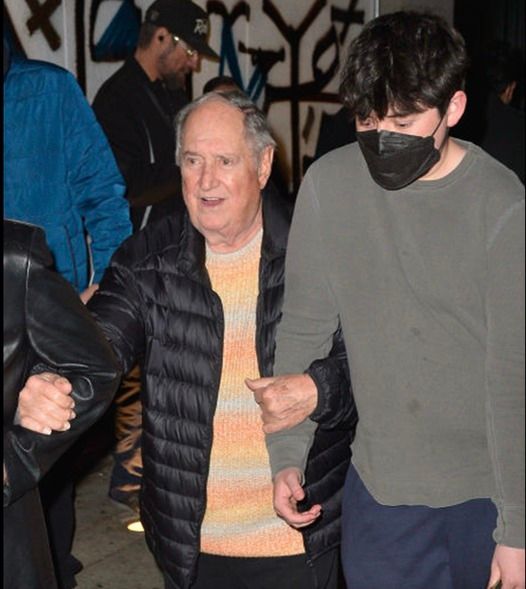Married to the love of his life for almost 61 years, Neil Sedaka doesn’t have a lot of experience to say that “Breaking Up is Hard to Do.”
Recently celebrating his 84th birthday, the handsome “down doobie do down down” singer who melted hearts with his vocals, is bursting with love for his grandchildren and gushes that he was “born married to his wife.”
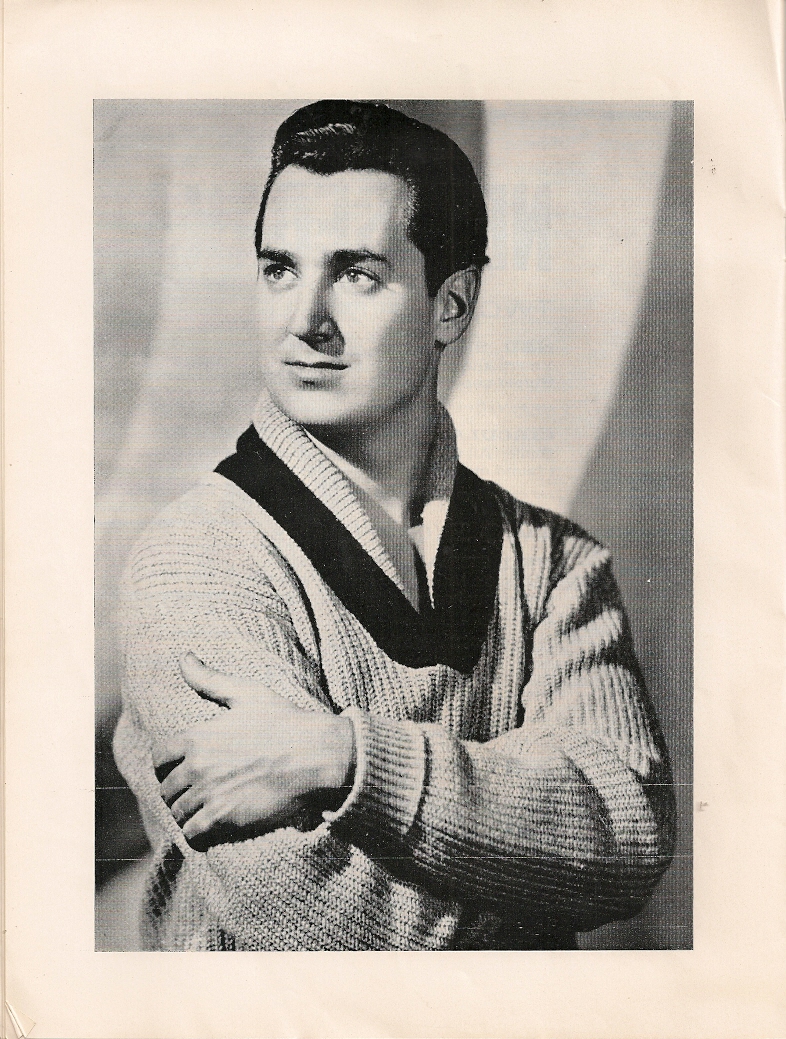
How could anyone not love Neil Sedaka? He’s given us so much – the exceptional singer has delighted us with his voice and presence for many years.
A natural talent, Neil Sedaka – who’s written and recorded some of the catchiest tunes in pop history – said that when he was a child, he was embarrassed to sing in front of an audience.
“I knew I had a remarkable voice, but I was embarrassed because it was so high,” Sedaka shared. “But when I sang at my bar mitzvah the rabbi was in tears.”
When he was only 13, the classically trained pianist, who attended a Saturday scholarship program at Julliard’s Preparatory for Children, formed a partnership with 16-year-old Howard Greenfield, and together they composed songs for Sedaka’s school band the Linc-Tones, a band that would later become the Tokens.
Working from New York’s historic Brill Building, the duo went on to write chart-topping hits like Sedaka’s “Breaking up is Hard to do,” Captain & Tenille’s “Love will keep us Together” and Connie Francis’ “Stupid Cupid.”
“We had a cubicle with a piano and a bench but no window. You only got a room with a window after you’d had a hit song,” Sedaka said, adding the pair were earning $50 a week. “Every day from 9am to 5pm we’d write and then we’d play what we’d written to people from record labels. It was hard but it was wonderful training.”
He was the first at the building who recorded his own songs, and also the first to reach the Top 10 with his hit song “Oh! Carol” (1959), which was inspired by his high school girlfriend Carole King.
Greenfield and Sedaka collaborated until the mid 70s, and Greenfield, who was openly gay, died from complications from AIDS in 1986.
As for Sedaka, at 19 he left The Tokens before the band hit its pinnacle of fame in 1961 with “The Lion Sleeps Tonight” and “Tonight I Fell in Love.”
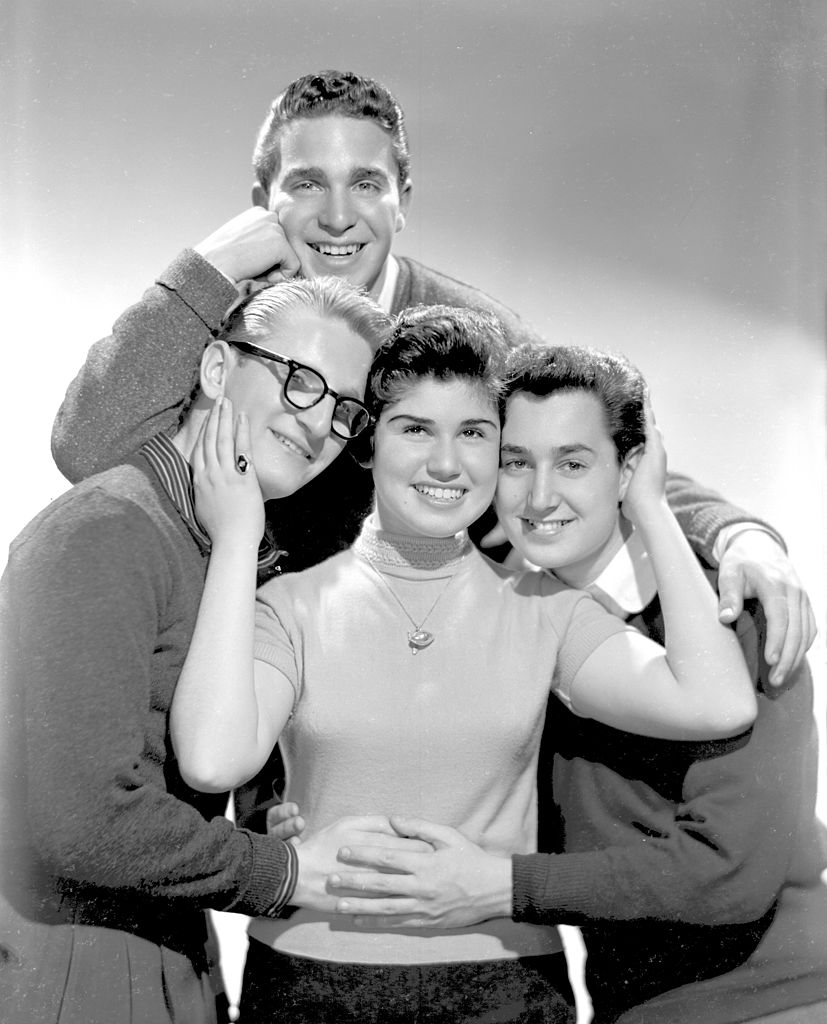
Performing solo, his first three releases failed to make the charts, but one song did earn him a spot on American Bandstand with Dick Clark, and soon after he landed a recording contract.
His first hit single was “The Diary”–a song inspired by Connie Francis’ diary because Sedaka really wanted “to look into that little book”–that peaked at 14 in the Billboard Top 100 in 1958. In 1960, Sedaka released “Calendar Girl,” his sixth hit in two years, and his popularity was reaching massive heights.
In 1962, he married Leba Strassberg, whom he met while performing at the now abandoned Esther Manor resort in the Catskills Mountains, NY.
The resort was co-owned by Leba’s mother, Esther, a businesswoman who wasn’t fond of her daughter being courted by a lowly musician.
Despite Esther’s disapproval, the couple stayed together, all the while dealing with another meddling mom, Eleanor Sedaka.
Earlier confessing that she rode rollercoasters when she was pregnant with him, hoping to miscarry, Eleanor was also pushing her son into pursuing a career as a classical pianist, and not as a pop star.
“She soon changed her mind when I got a royalty cheque for $62,000 for “Stupid Cupid.” My father was a taxi driver and never made more than $10,000 a year,” Sedaka said, adding that he made the mistake of giving the money to his mom, who along with her lover later controlled most of his rights as an artist, including his royalties and finances.
“My father knew about him and accepted him so after the initial shock so did I. I even understood it, in a way. My parents lived in two rooms with nine other relatives and my dad was very thrifty whereas the other man bought her jewels and furs and took her to nice places.” He continued, “Only they were living the high life on my money. They went through hundreds of thousands of dollars. I couldn’t pay my taxes, nothing. My wife and I had to start from scratch.”
Firing his mother’s boyfriend, Sedaka explained that Eleanor almost overdosed on sleeping pills “because she couldn’t stand to see her son and her lover at odds. She said she didn’t realise it was my money they were spending. I didn’t speak to her for a year.”

It was in that time that his loyal wife became his new manager.
Just as he was poised to make some money, The Beatles came around and disrupted Sedaka’s popularity.
Though he continued writing music for others, his waning chart appeal in the U.S. motivated him to move Leba and their children, Dara and Marc, to London, the hot spot of hit makers.
Referring to his slide in fame, Sedaka said: “Well, I used to walk down the street and people asked, ‘Didn’t you used to be Neil Sedaka?’ I said, ‘well, I’m still Neil Sedaka, you haven’t heard the last of me.’ I had to change my style. It was the early ‘70s, and I met a guy by the name of Elton John. Did you ever hear of him?”
Sedaka, who met the singer of “I’m Still Standing” at a London party, said he was asked to sign with John’s former label, the Rocket Record Company.
And, as the label suggests, Sedaka’s fame skyrocketed with 1974’s album “Sedaka’s Back”–the first of three albums with Elton John–and the singer was again charting hits in the U.S.
In 1983, he was inducted into the Songwriters Hall of Fame, and he later received a star on the Hollywood Walk of Fame.
In 2003, he appeared as a guest judge on American Idol, where season two runner-up Clay Aiken later recorded and released Sedaka’s 1972 song “Solitaire,” that became the top selling single of 2004.
During COVID, Sedaka started releasing mini concerts through his social media to keep fans entertained, and last September for his 60th anniversary with Leba, he shared a special concert with three songs he composed for her. The heart-warming tribute reads: “I’d like to dedicate today’s mini-concert to my beautiful wife, Leba. In September, we will be celebrating our 60th Anniversary. Here are three songs especially written for Leba!”
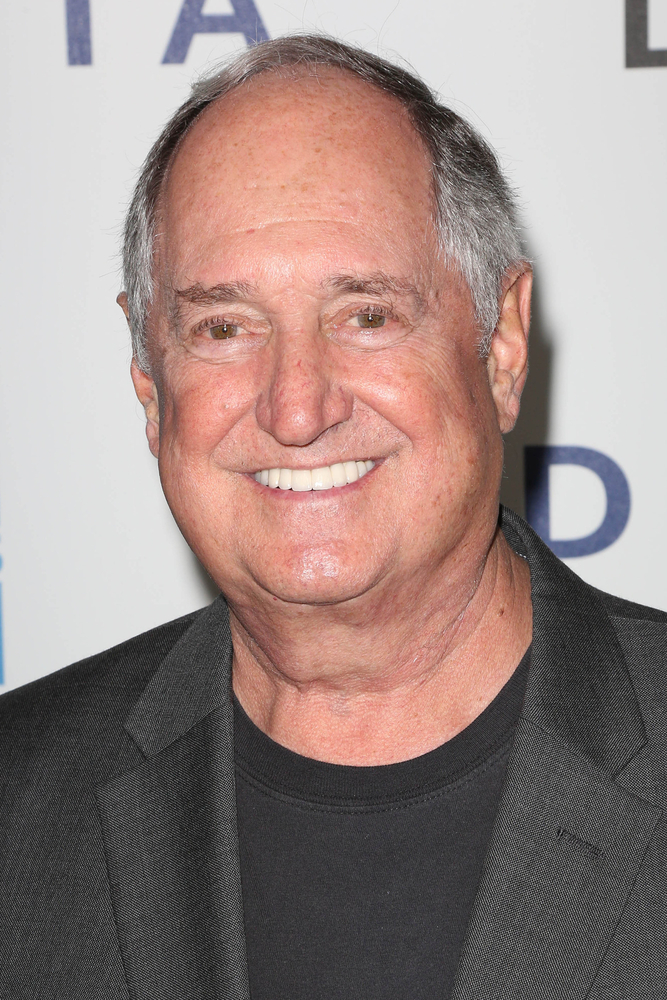
In early May, Sedaka posted a video on his Facebook, announcing that he joined the Cameo family. He shared that he looks forward to taking requests for birthdays, anniversaries, or any special occasion where he can deliver a special message. He ended the short clip with a few bars of “Breaking Up is Hard to Do,” and fans praised him. One said, “Been listening to your songs since I was a teenager, I’m now 75 and love your music! Please don’t stop!!”
Another fan wrote a thoughtful message that many can relate: “Dear Neil, your songs brighten up the day. I often find myself humming melodies you created…as if they have become a part of me. Thank you for the joy you bring to the world!”
While he continues to bring joy to everyone who hears his music, Sedaka is mostly focused on his wife and family.
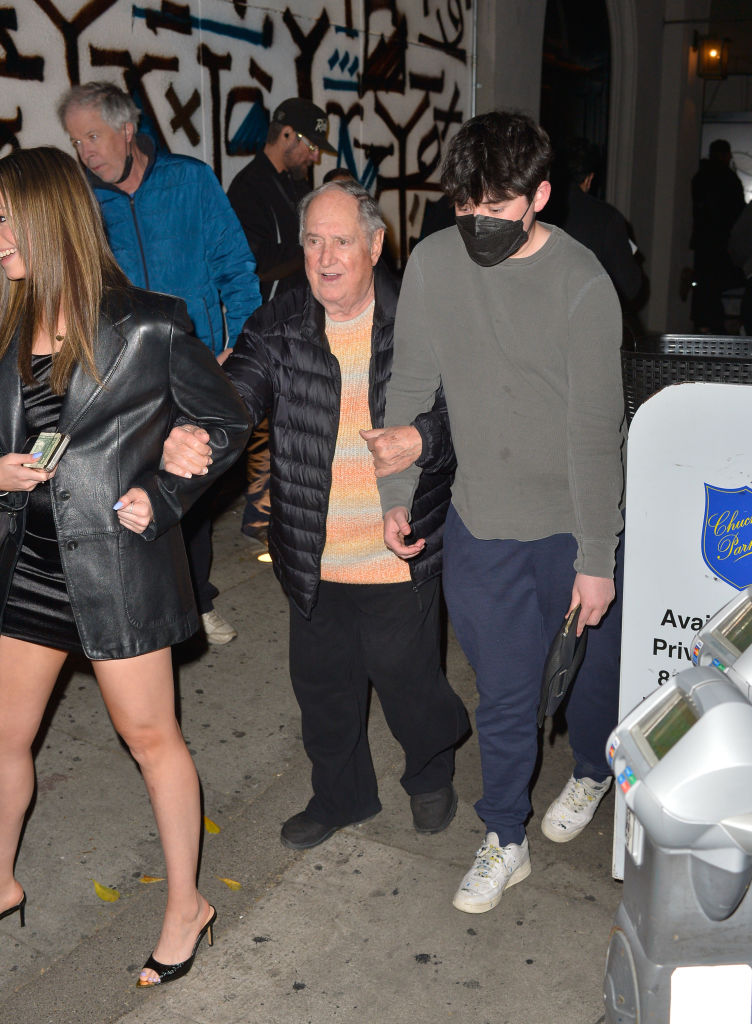
“I was born married… if you’re lucky to have that companion that does it for you, that’s a great gift,” said Sedaka, a devoted grandfather of three, including one set of twins.
As for their kids, Dara (born 1963) is an actress and singer known for movies like Where the Boys Are, and Marc (born 1967) is a writer and editor for TV and film.
Referencing his successful career, Sedaka said, “I could have been bigger but I wasn’t controversial enough. I didn’t do drugs or wreck rooms. There were no dramas in my private life…I had talent and I was hungry for fame, and you can’t say I didn’t get it.”
It’s so inspiring that Neil Sedaka and Leba have been married for so many years, not allowing fame the opportunity to divide their beautiful relationship.
He really is a talented artist, whose music will most definitely influence generations to come. Thank you for sharing your life and music with all of us. What is your favorite song that he either performed or composed?

